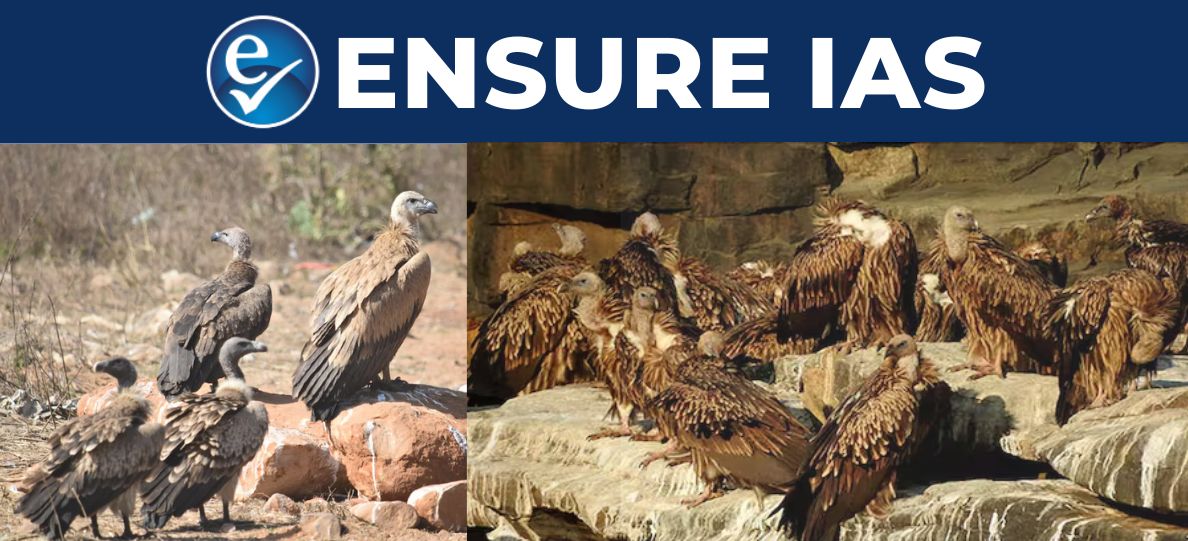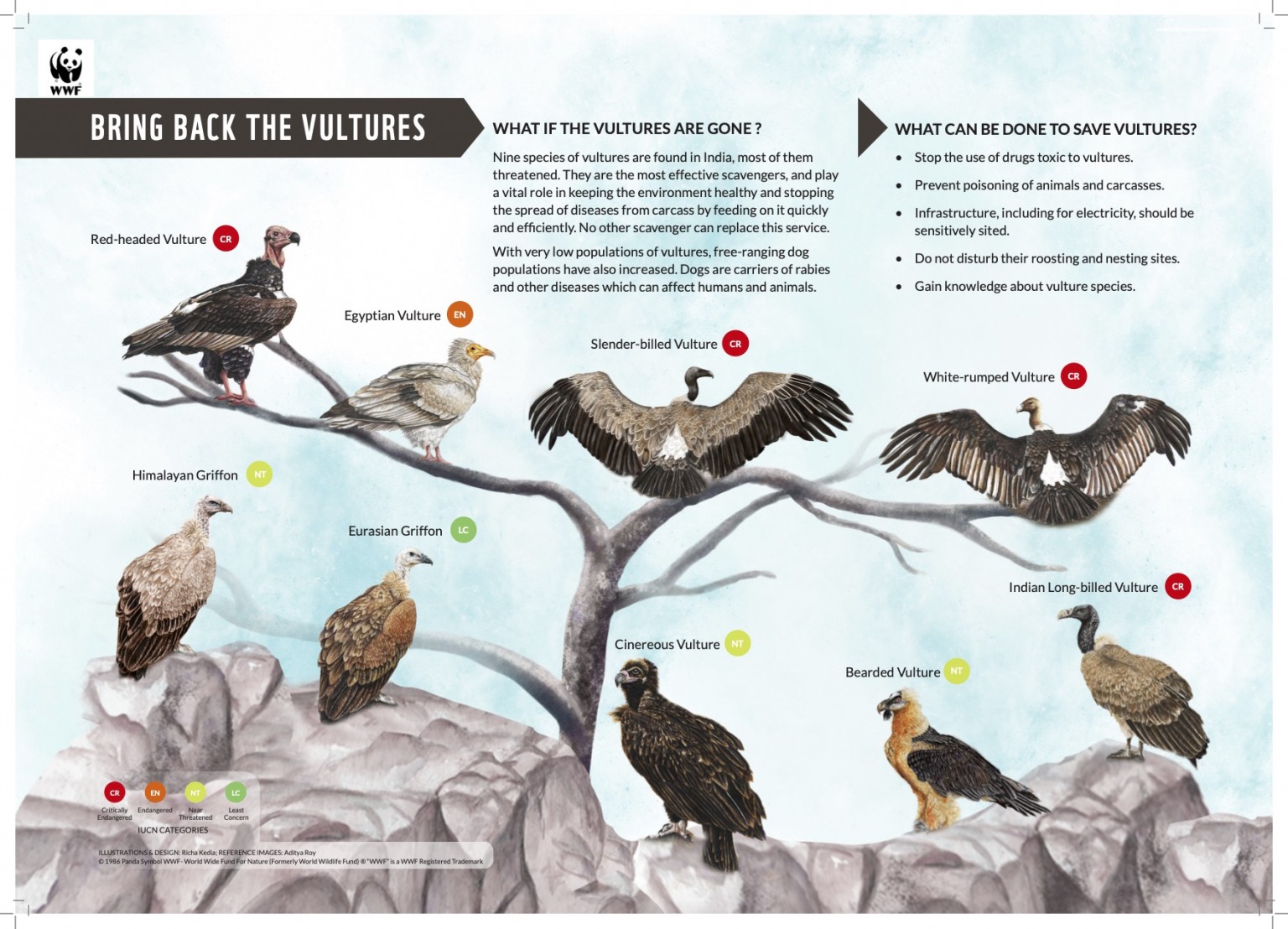- Courses
- GS Full Course 1 Year
- GS Full Course 2 Year
- GS Full Course 3 Year
- GS Full Course Till Selection
- Answer Alpha: Mains 2025 Mentorship
- MEP (Mains Enrichment Programme) Data, Facts
- Essay Target – 150+ Marks
- Online Program
- GS Recorded Course
- Polity
- Geography
- Economy
- Ancient, Medieval and Art & Culture AMAC
- Modern India, Post Independence & World History
- Environment
- Governance
- Science & Technology
- International Relations and Internal Security
- Disaster Management
- Ethics
- NCERT Current Affairs
- Indian Society and Social Issue
- NCERT- Science and Technology
- NCERT - Geography
- NCERT - Ancient History
- NCERT- World History
- NCERT Modern History
- CSAT
- 5 LAYERED ARJUNA Mentorship
- Public Administration Optional
- ABOUT US
- OUR TOPPERS
- TEST SERIES
- FREE STUDY MATERIAL
- VIDEOS
- CONTACT US
Madhya Pradesh now has the highest number of vultures in India
Madhya Pradesh now has the highest number of vultures in India
25-02-2025

- Madhya Pradesh has reported the highest number of vultures in India after the first phase of the 2025 vulture census.
- The total number of vultures counted in the state is 12,981, up from 10,845 in the previous census (2024).
- The census is conducted by the Madhya Pradesh Forest Department in two phases:
- Phase 1: Held from 17th-19th February 2025.
- Phase 2: Scheduled for 29th April 2025.
- The census covers all the forested areas, national parks, tiger reserves, and sanctuaries in the state.
Vulture Census History in Madhya Pradesh:
The Madhya Pradesh Forest Department has been conducting the vulture census since 2016. The census data over the years is as follows:
- 2016: 6,999 vultures were recorded.
- 2018, 2019, 2021: Data was collected.
- 2024: 10,845 vultures were recorded.
- 2025 (First Phase): The census recorded 12,981 vultures, showing a rise in population since 2016.
Vulture Species in Madhya Pradesh:

In the world, there are 23 species of vultures, and 9 species are found in India. Madhya Pradesh is home to 7 species, making it an important area for vulture conservation:
1. Indigenous Vulture Species (4 species):
-
- Indian Long Wild Vulture
- Chamaar Vulture
- Gobar Vulture (Egyptian Vulture)
- Red Head Vulture (Raj Giddha)
2. Migratory Vulture Species (3 species):
-
- Himalayan Griffon Vulture
- European Griffon Vulture
- Cenarius Vulture (Black Vulture)
Threats to Vulture Population in India:
- India's vulture population declined sharply due to the use of diclofenac, a drug given to cattle.
- When vultures consumed the carcasses of cattle treated with diclofenac, it caused kidney failure in the birds, leading to their deaths.
- In 2006, the government banned the use of diclofenac for cattle, which has helped the vulture population slowly recover.
Importance of Vultures in the Ecosystem:
Vultures are important for the environment because:
- Scavengers: They help clean up dead animals, stopping the spread of diseases and keeping the environment safe.
- Nutrient Recycling: By eating dead animals, vultures recycle nutrients back into the environment, helping plants and other creatures.
- Controlling Wild Dog Numbers: Vultures reduce the amount of food available to wild dogs, which can spread diseases like rabies.
Conclusion: Vultures play an essential role in the ecosystem, and the efforts to protect them have led to a positive increase in their numbers. Continued conservation is important to ensure that vultures continue to thrive in the future.
|
Also Read |
|
| FREE NIOS Books | |




